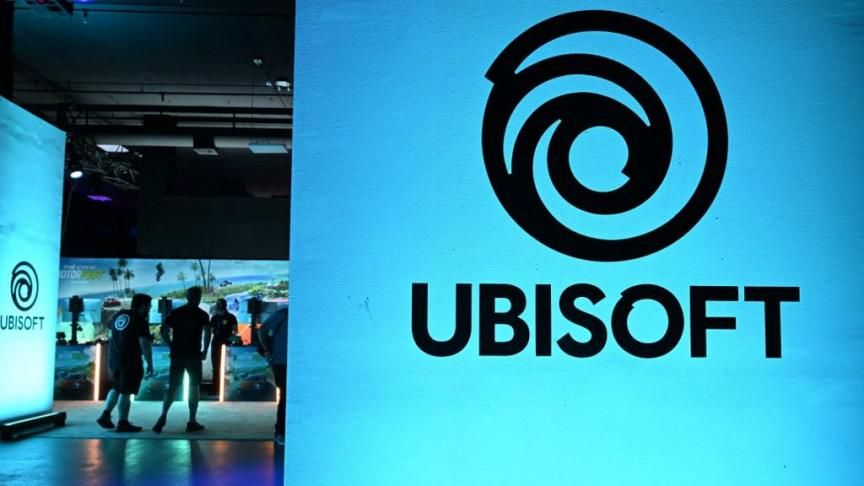
Earnings data from French games giant Ubisoft is set to show on Wednesday that historic cash-cow series "Assassin's Creed" has saved it from a disastrous year with multiple setbacks.
The full results for Ubisoft's 2024-25 financial year, set for release after the Paris stock market closes at 1530 GMT, will be closely watched following a near half-billion-euro loss in 2022-23, rebounding to a net profit of almost 158 million in 2023-24.
Over the past 12 months, Ubisoft's would-be blockbuster "Star Wars Outlaws" fell short of sales expectations on release, while it cancelled multiplayer first-person shooter "XDefiant".
Disappointing shipments have been matched by a tumbling stock price.
But in recent weeks the publisher's biggest money-spinner has been as dependable as ever, with "Assassin's Creed Shadows" winning over more than three million players with its story of medieval Japanese intrigue since its March 20 release.
"Shadows" swiftly rose to become the second-best-selling game of the year so far in the United States, according to data from consultancy Circana.
Ubisoft chief executive Yves Guillemot told France's Senate this month that the financial data would be "balanced" for this year, during a hearing into public subsidies for major companies.
Spin-off
Moving to address its business woes, Ubisoft said in late March that it would create a new subsidiary to manage its three top franchises: "Assassin's Creed", "Far Cry" and "Rainbow Six".
Around 3,000 of the group's 17,000 employees worldwide will work in the new unit, Guillemot has said.
It will not own the games' brands, instead paying royalties to the parent company to use them.
The subsidiary has been valued at over four billion euros, or twice Ubisoft's current market capitalisation, after Chinese tech giant Tencent agreed to invest 1.16 billion in exchange for a stake of around 25 percent.
Spinning off the biggest-selling games "was the least committal of the available options without simply returning to shareholders empty-handed," said Martin Szumski, an analyst at Morningstar.
One activist fund with a minority stake in Ubisoft had tried to rally other investors to demand a change of course.
But the subsidiary plan has not kept the mothership's stock from eroding further in value, hit in part by fears over US tariffs.
Since January, the shares have lost more than 12 percent, touching their lowest price in over a decade in April.
Lurking tensions
"The market was underwhelmed... most investors and interested parties were expecting something more transformative that would significantly change the way the company operated," Szumski said.
Ubisoft's restructuring means Tencent, which climbed aboard as an investor in 2018, will have a still bigger say in the French firm -- although Guillemot insisted to senators that he will "retain control" over the new subsidiary.
Looking ahead, "if Ubisoft is unable to use the money Tencent invested in a meaningful way, it is certainly possible that Tencent pursues buying the firm outright" even in the face of fierce resistance from the founding Guillemot brothers, Szumski suggested.
Two years ago the company has already launched a cost-cutting programme with closures of several foreign studios and thousands of job cuts.
Worldwide, the company is replacing only one in three departing workers, Guillemot told the Senate, while the company reported debts of 1.4 billion euros in September 2024.
The company faced strikes by up to a quarter of its 4,000 French workers last year, according to figures from unions, who called workers off the job over pay and conditions including working from home.
By Kilian FICHOU/AFP



Comments